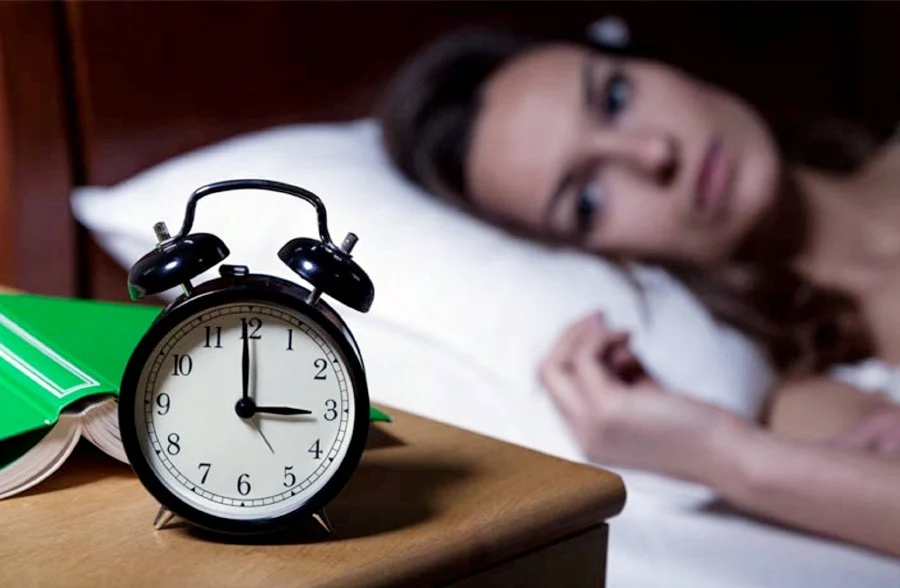From Tossing to Turning: Practical Tips for Restful Sleep

Sleep is an essential component of our overall health and well-being. Unfortunately, many people find themselves tossing and turning at night, struggling to achieve the restful sleep they crave. In this article, we'll explore practical tips to improve your sleep quality, transforming those restless nights into peaceful slumbers.
Understanding the Importance of Sleep
Before diving into tips for better insomnia disorder, it’s essential to understand why sleep matters. Quality sleep affects every aspect of our lives—from cognitive function and mood to physical health. The National Sleep Foundation recommends 7 to 9 hours of sleep for adults, and inadequate sleep can lead to a myriad of health issues, including:
Impaired cognitive function
Weakened immune system
Increased risk of chronic conditions (e.g., obesity, diabetes)
Mood disorders like anxiety and depression
Recognizing the significance of sleep is the first step toward improving your sleep habits.
Creating a Sleep-Friendly Environment
1. Optimize Your Bedroom
Your bedroom should be a sanctuary for sleep. Here are some tips to optimize your space:
Use blackout curtains to eliminate light. Even small amounts of light can disrupt melatonin production.
Consider using earplugs or a white noise machine to drown out disruptive sounds.
The ideal bedroom temperature is between 60°F and 67°F (15°C to 19°C). Adjust your thermostat or use fans to create a comfortable sleeping environment.
2. Invest in Quality Bedding
A comfortable mattress and pillows can significantly impact your sleep quality. When choosing bedding:
Select one that supports your preferred sleeping position (side, back, or stomach).
Ensure your pillows align your head and neck properly to avoid discomfort.
3. Limit Electronic Distractions
Electronics emit blue light, which can interfere with melatonin production. To create a more sleep-friendly environment:
Aim to turn off screens at least an hour before bed.
This helps to reduce temptation and the urge to check notifications.
Establishing a Sleep Routine
4. Set a Consistent Sleep Schedule
Going to bed and waking up at the same time every day can help regulate your body’s internal clock. Try to stick to your schedule, even on weekends, to promote better sleep.
5. Create a Pre-Sleep Ritual
Developing a calming pre-sleep routine signals to your body that it’s time to wind down. Consider incorporating:
Engage in activities such as reading, meditation, or gentle yoga.
Steer clear of caffeine and nicotine in the hours leading up to bedtime.
Mindfulness and Stress Management
6. Practice Mindfulness
Stress and anxiety can keep you tossing and turning. Incorporating mindfulness practices into your daily routine can help alleviate these issues:
Spend a few minutes each day practicing mindfulness meditation. Focus on your breath, allowing thoughts to come and go without judgment.
Techniques such as the 4-7-8 breathing method can promote relaxation. Inhale for 4 seconds, hold for 7, and exhale for 8.
7. Keep a Sleep Journal
Tracking your sleep patterns can help identify factors that affect your rest. Note your sleep times, wake times, and any factors that may influence your sleep (e.g., stress levels, food intake).
Nutrition and Lifestyle Choices
8. Be Mindful of Food and Drink
What you consume can significantly impact your sleep quality. Consider the following:
Large or spicy meals can cause discomfort and indigestion, making it harder to sleep.
While alcohol might make you feel sleepy initially, it can disrupt your sleep later in the night.
9. Stay Active
Regular physical activity promotes better sleep. Aim for at least 30 minutes of moderate exercise most days. However, avoid vigorous workouts close to bedtime, as they may energize rather than relax you.
Seeking Professional Help
10. Consult a Sleep Specialist
If you've tried various tips and still struggle with sleep, it might be time to consult a sleep specialist. Conditions such as sleep apnea, insomnia symptoms, or restless leg syndrome require professional evaluation and treatment.
Conclusion: Transforming Your Sleep Habits
Improving your sleep doesn’t have to be a daunting task. By implementing these practical tips—creating a conducive sleep environment, establishing a routine, managing stress, and making mindful lifestyle choices—you can transform your nights from tossing and turning to restful slumber. Remember, quality sleep is not just a luxury; it’s a necessity for a healthy, fulfilling life. Prioritize your sleep, and you’ll likely see improvements in your overall well-being.
- Industry
- Art
- Causes
- Crafts
- Dance
- Drinks
- Film
- Fitness
- Food
- Jocuri
- Gardening
- Health
- Home
- Literature
- Music
- Networking
- Alte
- Party
- Religion
- Shopping
- Sports
- Theater
- Wellness
- News


